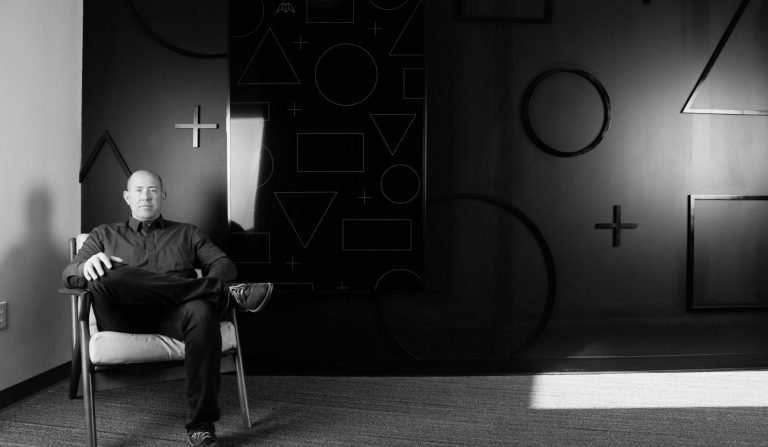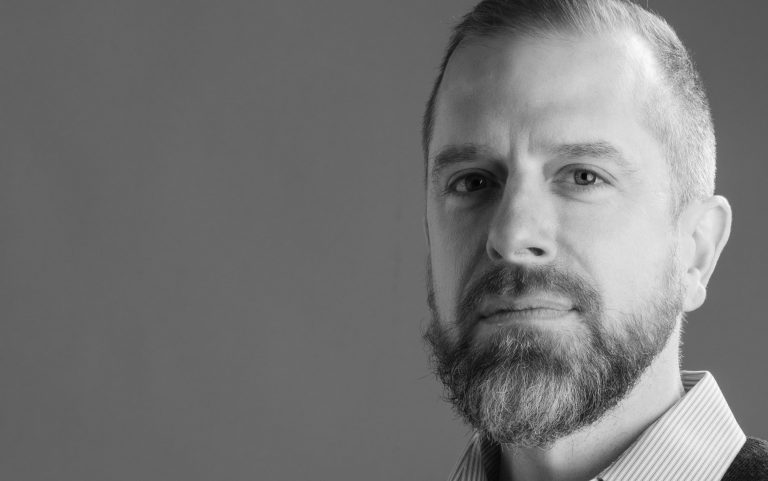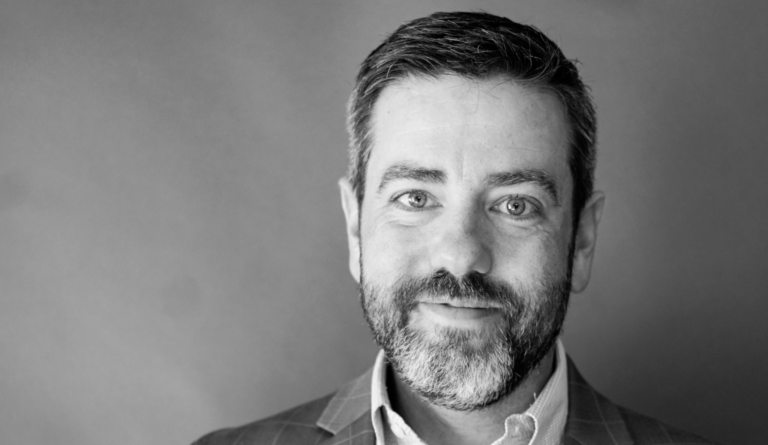Riffs are an invitation into the discussions, thinking, and questions we’re asking at Kairos.
Each of us on the Kairos team has found the Enneagram to be transformational in our own lives, continuing over the years to generate powerful insights and personal development. Because of our transformational experiences, we invite loved ones, friends, and clients to engage with the Enneagram.
In this Riff, our team discusses briefly how the Enneagram has impacted us personally, why we think it’s a better tool than any other, and our thoughts on why you shouldn’t take a “test” to figure out your Enneagram type. We’ve got a million other things to say about the Enneagram and are always up for discussion.
Teams can improve their skills in productively surfacing and resolving conflicts, but it takes commitment, courage, and a good game plan.
This tool provides a process that meets a team at their current level of experience and maturity and simultaneously calls them forth to greater skill and passion in managing conflict.
It always seems risky to tackle tough, emotionally-loaded issues. However, the greater long-term risk to organizational health and results is in not tackling them at all.
Coaching vs. Feedback – what’s the difference?
Is it overstepping to coach a colleague? What happens when coaching goes badly? Why do we get so passionate about deep coaching at Kairos?
Deep coaching with a Kairos coach opens opportunities for transformation. Chip points out in part 1 that, as coaches, we only see a bit of your leadership and workplace dynamic. Your colleagues know the details of your business and see you when you show up well and poorly. They can observe and invite curiosity, deeper insight, and growth.
We believe that a significant part of being the CEO or productive member of an elite executive team is finding your quiet mind, body, and heart through practices that require you to slow down.
Accessing your quiet mind holds significant breakthroughs for leaders willing to commit to a practice that works for them. In this Riff, our team breaks down an approach many of us use called Morning Pages. We also talk about a few other methods for slowing down that work for us as well. Morning Pages is a journaling practice that several Kairos staff members use and is summarized by Julia Cameron, creator, and author of The Artist’s Way.
At Kairos, we have found that taking 10 or 15 minutes at the start of a meeting to ask an icebreaker is a small investment of time that reaps outsized benefits for a team.
Among other things, they:
- Equalize all the people at the table (regardless of role, your voice matters)
- Humanize the people you work with (not just widget-makers or chess pieces)
- Provide an opportunity to go deeper with each other (but not in a compulsory way; you choose how much to share)
- Gives the team a chance to slow down (build trust, create connective tissue) to go fast (solve problems quickly)
- Create training wheels for building psychological safety on a team
- Promote a sense of belonging
We know that people grow when they are known and loved, and an icebreaker is a simple and effective tool to help foster that kind of team.
Knowing what to do with moments in your career where you’ve felt a kind of “stuck” that won’t go away no matter what you do feels hard, confusing, and destabilizing.
One thing Kairos team members know is that we all have areas where only the outside perspectives of others can help us get unstuck. This video offers some insights into the wide world of coaching through the lens of Kairos so that you can more effectively evaluate whether coaching is right for you and, ultimately, what kind of coach you might need.
Setting business outcomes is a non-negotiable as an executive team member, and they are likely the thing that creates the most tension within many of your employees. Why is that?
The tension that drives our accountability to the outcomes of our particular roles is directly correlated to the clarity one has of the expectations and our confidence that the outcomes are attainable. There is nothing more frustrating for our employees than being held accountable for an outcome that is unclear, not rooted in an understanding of the process of how to accomplish it, and beyond your sense of reality.
Liminality is an often overlooked concept, although it is a universal human experience.
It is the space betwixt and between. It is those spaces where the known has ended, and the new has not yet been revealed. This has great implications for leaders as it often leads to confusion and disorientation. And yet, there’s a huge upside in navigating it well.
We invite you to observe as the Kairos team describes common liminal spaces leaders experience, why we tend to struggle while in them, and how to effectively care for oneself and one’s team in the midst of these seasons of change.
When “Gut” Triad Enneagram types’ attempts to influence and control their environment are blocked, members of this Triad will experience varying degrees of anger, which manifest in different ways.
In their attempt to manage their anger, Enneagram 9s forget it (through slothful numbing). They become immovable, often by avoiding or ignoring disruptions to peace. Christin Nevins and Nikki Miller share their unique experiences with anger as Enneagram 9s and the work they’ve done to become more aware of how to notice it, work with it, and allow it to show up for themselves and others.
The Self-Sabotage Pathway of the Enneagram Eight
“Because of my need to feel strong and self-reliant, when I perceive someone or something is trying to control me, or I feel powerless, I take charge to get what I want, regardless of the damage to others.”
When the “Gut” Triad Enneagram types’ (8, 9, 1) attempts to influence and control their environment are blocked, members of this Triad will experience varying degrees of anger, which manifest in different ways.
Chip Neidigh, CEO of Kairos, shares his relationship with anger and control and what it’s like to wrestle with conflict, betrayal, and the pathways to growth.
In On The Joke, Drop the Rope, Rumble Strips – If you’ve been connected to Kairos, you’ve likely heard these terms before. But what do they mean?
Stories, word pictures, metaphors, analogies. These are all tools we use daily at Kairos to help explain situations, solidify insights, and provide perspective. In this video, we share our favorites and even a few new ones we’re trying.
The Self-Sabotage Pathway of the Enneagram One
“Because of my need to be right and good, when my sense of order or integrity gets interrupted, I impose my beliefs of what is correct or morally right on myself and others.”
When “Gut” Triad Enneagram types’ (8, 9, 1) attempts to influence and control their environment are blocked, members of this Triad will experience varying degrees of anger, which manifests in different ways.
Alyssa Johnson, Kairos consultant, shares her relationship with anger and control and what it’s like to notice the anger in her body, manage the inner critic, and get in tune with what her emotional world is telling her beyond being angry.


When You’re Ready:
Call or Text: 317-908-0136
Email: ready@kairosconsulting.com












